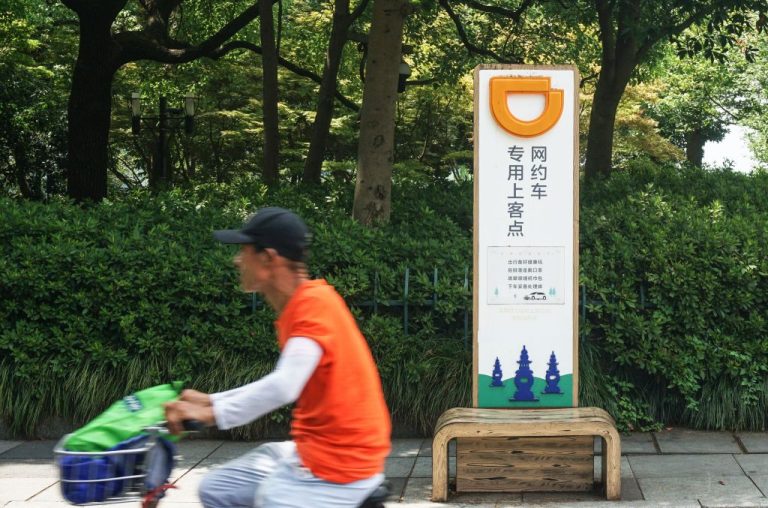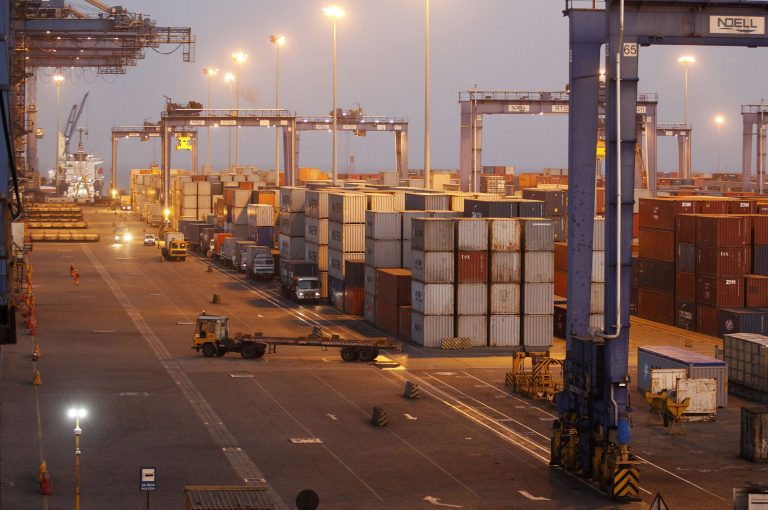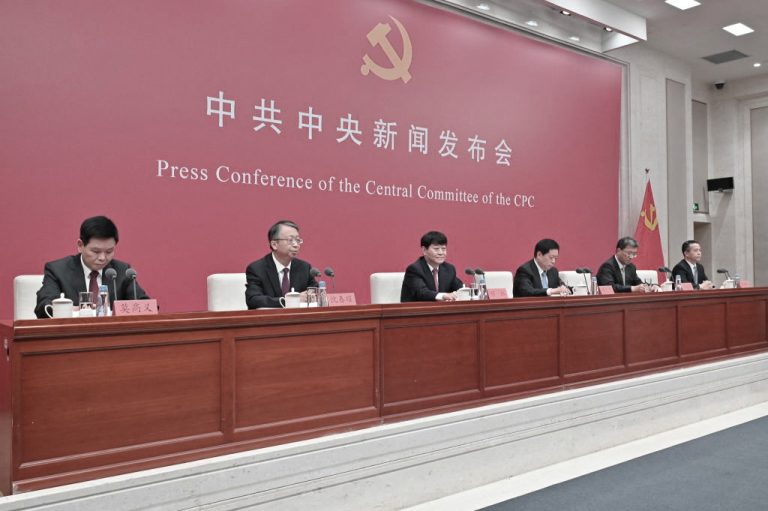After a year-long probe into the company’s cybersecurity and data management, Chinese ride-hailing app Didi Global was fined $1.2 billion (8 billion yuan) by the country’s regulators. The clampdown is part of an ongoing regulatory sweep targeting the country’s big tech sector and aims to also root out corruption amongst its governmental bodies.
The Cyberspace Administration of China (CAC) said in a statement released on July 21 that the firm was being fined for breaching the country’s cybersecurity, data security, and personal information protection laws.
“The facts of violations of laws and regulations are clear, the evidence is conclusive, the circumstances are serious, and the nature is vile,” the statement read.
MORE ON CHINA’S REGULATORY CRACKDOWN:
- Alibaba and Tencent Stocks Plunge After Latest Fines
- Chinese Authorities Ask Ride Sharing Giant Didi to Delist from New York Stock Exchange
- China Pumps the Brakes on Ride Hailing App Didi After NYSE Debut
- Beijing’s Tech Crackdown Highlights Political Risks in China
On top of the large fine, the regulators also imposed personal fines of 1 million yuan ($147,000) on the company’s chairman and CEO Chen Wei. Didi’s president Liu Qing, also known as Jean Liu, was also fined.
Just days after launching its IPO on the NYSE in June 2021, the company’s shares fell more than 10 percent after the CAC broadened an internal investigation into the company’s data storing servers and blocked new users from signing up for its services. On June 30, 2021, regulators banned Didi completely from app stores in the country, citing data privacy concerns.
Success
You are now signed up for our newsletter
Success
Check your email to complete sign up
Apple and Google were then also required to remove the app, landing a massive blow to one of the largest U.S.-listed IPOs in the last decade.
Forced to delist in the U.S.
In December of last year, the company announced that it would be delisting from the NYSE and pivot to Hong Kong instead. At the same time, Beijing’s municipal government proposed an investment in the company that would enable state-run firms to regain control. The move signaled a lifeline for Didi in privatizing its shares and being able to repurchase its U.S.-traded shares and re-list in Hong Kong.
Didi was also slammed for deciding to go public overseas instead of in its home country, and has become a poster child for Beijing’s ongoing crackdown — wiping out tens of billions of dollars from its market capitalization.
The company’s domestic business was also hit hard. For the third quarter of 2021, the tech giant reported a $4.7 billion loss and said its overall revenue had declined by 1.7 percent from the same period in 2020.
Experts told Reuters that it was possible the delisting came as part of a symbolic punishment from Chinese authorities — sending a message to other homegrown tech companies that no matter how much wealth they accrue, they remain under the watchful eye of the regime.
“The fine should mark the end of Didi’s regulatory troubles. If there were more, they’d have waited until those were understood and addressed to levy the fine,” Travis Lundy, analyst at Quiddity Advisors in Hong Kong told Reuters on June 21.
“The catharsis should allow the stock to pursue a Hong Kong listing. It could theoretically list in the STAR market but I expect that the existing owners would prefer Hong Kong, and now that the regulatory troubles are settled, Hong Kong would have less reason to nix it,” Lundy added.
A cautionary tale
Shortly after the penalty was announced, Didi Global responded in a statement on its official Weibo account that it “sincerely” accepts the regulator’s findings and will work on improving its internal operations for the future.
“We sincerely accept this decision, and resolutely obey it. We will strictly follow the penalty decision and the requirements of relevant laws and regulations, conduct comprehensive and in-depth self-examination, and actively cooperate with supervision and complete rectification carefully,” it said.
Fraser Howie, an independent commentator on China’s financial system said that Beijing’s regulatory crackdown is concerning as it exacerbates an already struggling economy.
MORE ON CHINA’S ECONOMY:
- China Experiencing Worst Capital Flight in 7 Years, Manufacturers Also Hit Hard
- China Fights Uphill Battle to Rescue Its Economy While Keeping ‘Zero-COVID’
- Xi Tightens Grip Over Chinese Propaganda Ahead of Key Conclaves
“This closes a very difficult chapter for Didi but the business environment for tech companies remains troubling. In addition Didi’s business is all about moving people but China is going from one lock down to another. Cities get shut down virtually within hours, a horrible business for ride hailing,” Howie said.







